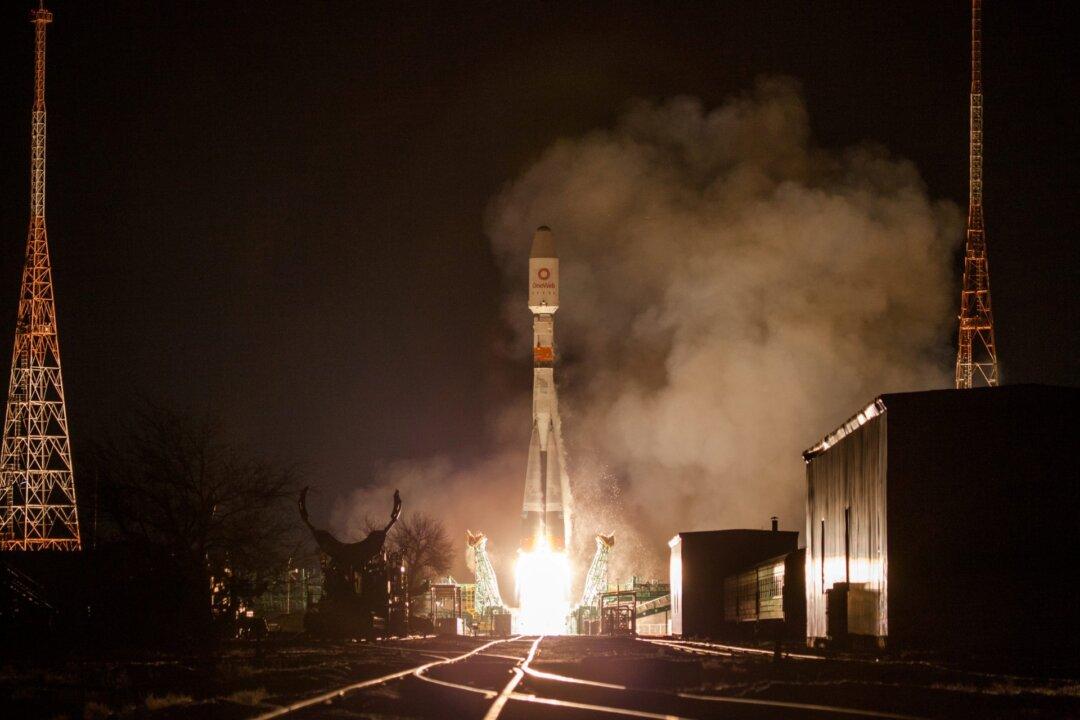U.S. military and diplomatic officials claimed this week that Russia has likely launched a new “counter-space weapon” that could threaten satellite networks.
Ambassador Robert Wood, the U.S. alternate representative for special political affairs in the United Nations, first alluded to the suspected Russian space weapon launch in remarks at the U.N. Security Council on May 20, ahead of a vote on a Russian-drafted resolution to ban weapons of any kind in space.





